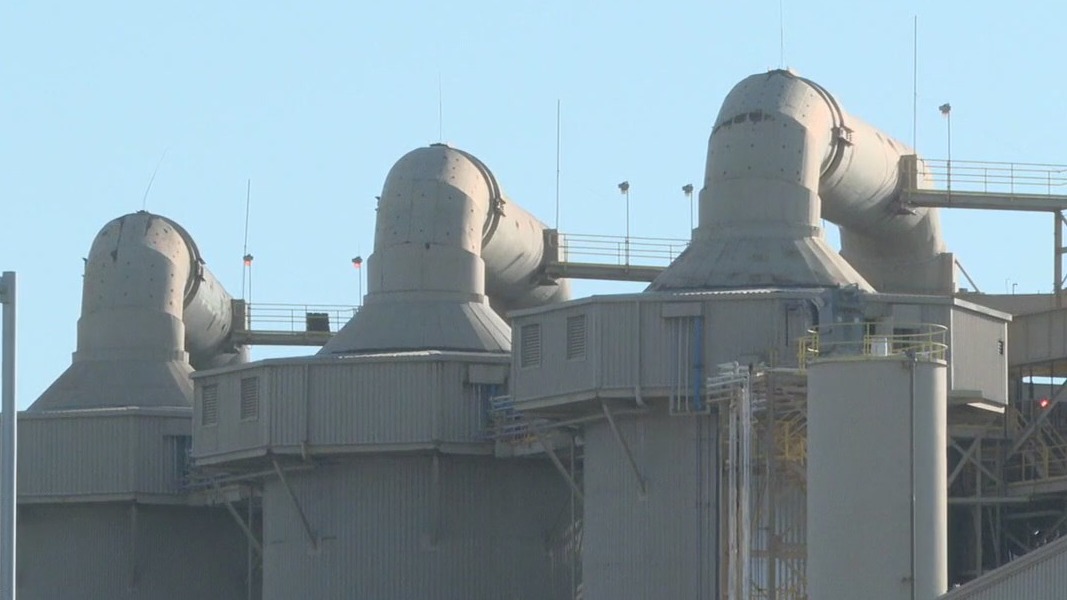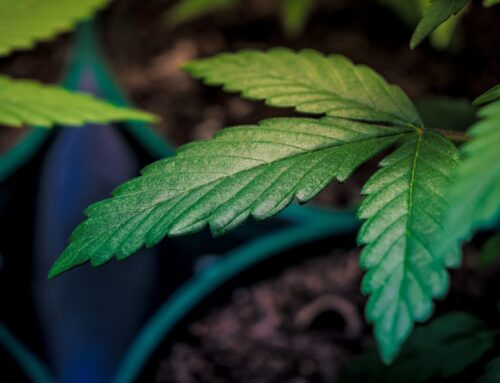Environmental groups call for change at Pinellas County’s decades-old waste-to-energy plan
October 22, 2025

PINELLAS PARK, Fla. – Environmental groups from across the U.S. are urging Pinellas County to reconsider its long-running waste-to-energy program. The facility, located next to the county’s landfill in Pinellas Park, has been in operation for more than 40 years and processes the majority of the county’s trash.
Mike Ewall, founder of the Energy Justice Network, visited the site this week. He said the Bay Area’s cluster of waste-burning plants, one in Pinellas and two in Hillsborough County, is among the most concentrated in the nation.
READ: These US cities face the greatest severe weather threats, data shows
“When you burn trash, every 100 tons turns into about 30 tons of toxic ash that still has to go to a landfill,” Ewall said. “The other 70 tons go up the smoke stack with air pollution that can cause asthma, cancers, and heart attacks.”
The backstory:
The Pinellas County facility is also known as a waste-to-energy (WTE) plant. Environmental activists, including Florida resident Marsha Ellis, argue the aging plant poses safety concerns. Ellis pointed to a similar Miami-Dade incinerator that caught fire in 2023, burning for three weeks and forcing nearby school closures.
MORE: These states rank as the most energy-efficient in 2025, data shows
According to Ellis, the Pinellas plant’s age, 42 years, makes it “the largest and oldest in the state,” which she said should prompt local leaders to reconsider relying on it.
“This one plant in Pinellas has been putting out more mercury pollution into the air than all of the other incinerators in the state combined,” Ellis said.
Mercury emissions peaked in 2018 in Pinellas County, but have gone down and leveled out in recent years. Now, Lee County surpasses it, according to a Florida Department of Environmental Protection graph.

The other side:
Pinellas County officials said the facility is both safe and essential. A county spokesperson told FOX 13:
“Pinellas County is the most densely populated county in Florida with almost 1 million residents, one landfill with a life of about 72 years remaining and limited land to build a new landfill. The County’s vision is to reach zero waste to landfill by 2050. The Waste-to-Energy (WTE) facility is the most effective large-scale technology for reducing incoming garbage volumes by as much as 90%, extending the life of the county’s only landfill.
The WTE facility was built in 1983 to address the county’s growing waste management needs. Recognizing the importance of maintaining safe and efficient operations, the County recently invested $242 million to extend the facility’s operational life by more than 25 years. This upgrade included state-of-the-art technology, such as corrosion-resistant boiler tubes and new cranes. These improvements ensure the facility continues to serve the community effectively and safely for decades to come.
By reducing waste sent to the landfill, the WTE facility is also reducing methane pollution that results from sending waste to the landfill. Methane is 28 times more potent as a greenhouse gas as compared to carbon dioxide. While the incineration process does produce carbon dioxide, the facility is 100% in compliance with and below air emission standards set by the federal and state governments. The facility uses a Continuous Emissions Monitoring System (CEMS) that tracks air emissions by the minute to ensure the WTE facility operates in compliance with air emission requirements.”
For more information about WTE facility, click here.
READ: FDOT eyes major upgrades to Courtney Campbell Causeway as environmental concerns grow
What’s next:
Environmental advocates want the county to phase out the waste-to-energy approach altogether and instead rely on what they call “responsible landfilling.”
County officials, however, said their focus will remain on reducing waste generation while improving the plant’s efficiency and safety.
The Source: Information in this report comes from FOX 13’s interview with Energy Justice Network founder Mike Ewall, environmental activist Marsha Ellis, and a statement from Pinellas County Solid Waste officials.
Search
RECENT PRESS RELEASES
Related Post

